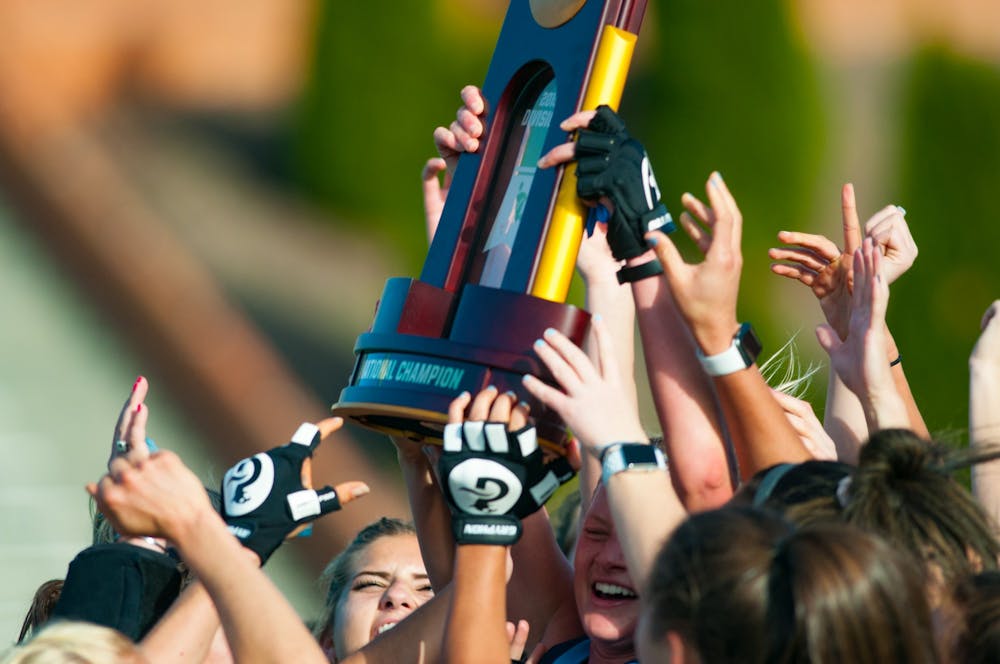On April 18, the structure of European soccer was forever changed. Twelve of the world’s most elite soccer clubs announced intentions to create a new league, dubbed the “Super League."
The league was modeled after American sports leagues, such as the NFL and NBA, and would significantly increase the revenue each club received annually.
However, the move was widely unpopular among fans. Opponents took to social media and the streets to protest. The outrage was so immense that a mere 48 hours after its announcement, nine clubs pulled out — effectively halting the change.
One phrase routinely cited by fans was, “created by the poor, stolen by the rich.” To fans, their game was being robbed by wealthy club owners looking to pad their pockets.
To some, this action of greed and the thought of placing controlling interests over those of fans and athletes remind us of another sports league: the NCAA.
The NCAA might market itself as an organization giving athletes a once-in-a-lifetime opportunity to earn their college degrees for free, but it is also a billion-dollar industry constantly looking to maximize its profits.
The players in the system are unable to use their platforms as college athletes for financial purposes and are barred from other ventures, such as holding jobs or even profiting off of their social media channels.
Essentially, the players' names and likenesses are under the control of the NCAA which, in the meantime, profits off their athletic achievements.
This presents several issues. We hear of stories like former University of Connecticut guard Shabazz Napier. Napier, who led the Huskies to the 2014 NCAA men’s basketball championship, revealed after the championship game he went to bed most nights “starving” because he was unable to afford food.




